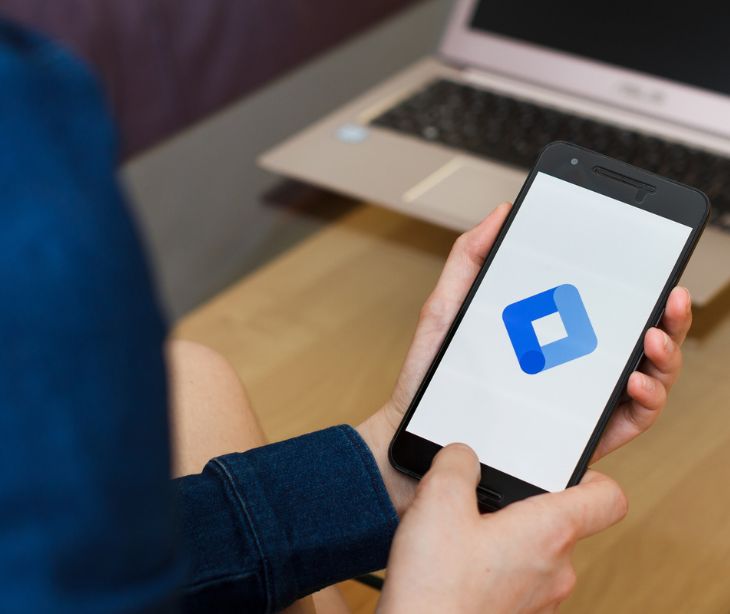
With the growth of tracking technologies on healthcare websites and mobile apps, understanding the relationship between IP addresses and PHI becomes even more critical. This article will provide context around the issue and discuss the implications for healthcare organizations.
Why it matters:
The use of tracking technologies on healthcare websites and mobile apps can lead to the collection and disclosure of a wide range of information, some of which may be considered PHI under HIPAA regulations. Understanding the relationship between IP addresses and PHI in this context is crucial for maintaining compliance and safeguarding patient privacy.
Tracking technologies and PHI:
Regulated entities, such as healthcare providers and insurers, may disclose various types of information to tracking technology vendors through their websites or mobile apps. This information can include individually identifiable health information (IIHI) provided by individuals using these platforms, such as medical record numbers, home or email addresses, appointment dates, IP addresses, geographic locations, medical device IDs, and other unique identifying codes.
According to the guidance issued by the U.S. Department of Health and Human Services, all such IIHI collected on a regulated entity's website or mobile app is generally considered PHI, even if the individual does not have an existing relationship with the regulated entity and even if the IIHI, such as IP address or geographic location, does not include specific treatment or billing information.
The rationale is that when a regulated entity collects an individual's IIHI through its website or mobile app, the information connects the individual to the regulated entity, indicating that the individual has received or will receive healthcare services or benefits from the covered entity.
Say less:
Collecting an IP address on a healthcare website makes the IP address PHI.
Implications for healthcare organizations:
Given the HHS guidance, healthcare organizations must be cautious in their use of tracking technologies on websites and mobile apps, as IP addresses and other IIHI collected through these platforms may be considered PHI.
To protect patient privacy and maintain compliance with HIPAA regulations, organizations should:
- Implement robust security measures, such as encryption and access controls, to safeguard both PHI and IP addresses.
- Establish clear policies and procedures for the use and disclosure of IP addresses and other IIHI collected through tracking technologies.
- Conduct regular risk assessments to identify potential vulnerabilities in their data management practices.
- Train employees on HIPAA regulations and handling IP addresses and other IIHI collected through tracking technologies.
Conclusion:
In the context of tracking technologies on healthcare websites and mobile apps, IP addresses and other IIHI may be considered PHI under HIPAA regulations. Healthcare organizations must remain vigilant in protecting patient privacy and security in the digital age. By implementing best practices and adhering to HIPAA regulations, organizations can maintain compliance, avoid penalties, and foster patient trust in safeguarding sensitive information.
Related: HIPAA Compliant Email: The Definitive Guide
Subscribe to Paubox Weekly
Every Friday we bring you the most important news from Paubox. Our aim is to make you smarter, faster.

 Dean Levitt
Dean Levitt


